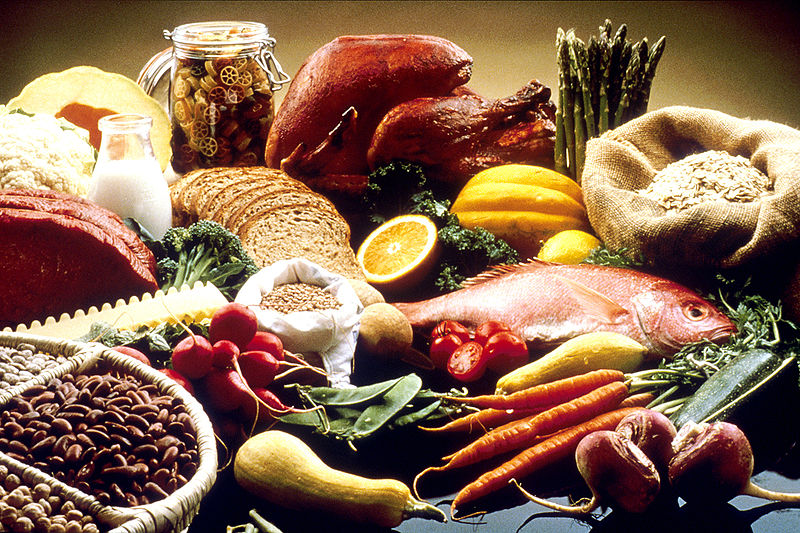Converting wastewater from legumes into new plant-based products could revolutionise the food industry and have crucial implications for sustainability, Lincoln University says in a news release.
Lincoln University food science lecturer Dr Luca Serventi, with Dr Sung Je Lee of Massey University, are involved n a research project that looks at using waste by-products to create ingredients like stabilisers or replacements for dairy and egg-based items.
“Food manufacturing generates a huge amount of wastewater, and the legume industry is one of the top contributors to this environmental issue,” Dr Serventi said.
“Soaking and boiling are necessary to create canned items and other products like soy milk, tofu, hummus and flours.
“New Zealand farmers produce a lot of legumes and the resulting wastewater places a heavy burden on their budgets as well as the environment.”
The researchers aim to create a nutritious powdered product that can be processed and used in the same way as emulsifiers, foaming and gelling agents.
“Industry can then use these in ingredients and new food products for export,” Dr Serventi said.
“This is a totally novel application for the legume industry as well as the food industry.”
Numerous food products can be trialled, including egg-free and dairy-free foods, dairy and plant blends, bakery items and fermented dairy products.
Food companies such as bakeries might be able to use legume water as a stabiliser to increase shelf life, and with its emulsifying and foaming agents, the wastewater could serve as an alternative to dairy or egg ingredients.
“Legume water also contains nutrients, such as plant protein, that are highly sought-after by consumers. Plant sterols have been clinically proven to reduce cholesterol absorption,” Dr Serventi said.
“A successful outcome for the project will result in legume growers and processors receiving higher returns for their wastewater and overall waste will be reduced. This work will also greatly benefit stakeholders nationally and internationally.
“Instead of treating wastewater, upcycling eliminates treatment costs and leads to a gain in revenue by selling the upcycled wastewater as new ingredients.”
Dr Serventi will work with Dr Lee to assess the wastewater’s chemical composition and functional properties and come up with ways of converting it into dried powdery products that could create new ingredients.
“Previous research has shown that legume cooking water expresses high foaming, emulsifying and gelling abilities but information is lacking on the effect of different drying methods and processing conditions.”
Drs Serventi and Lee will analyse the protein profile and composition of legume wastewater produced under different conditions, characterising the foaming, emulsifying, gelling and protein solubility, and converting the legume water into powders using advanced drying techniques.
The study requires a multidisciplinary approach, incorporating process engineering, food science, and sensory and nutritional sciences.
The researchers expect the joint project to serve as a stepping stone to a strong food science and technology research network between Lincoln and Massey universities.
Opportunities are also available for students, with both postgraduates and undergraduates included in the research team, and collaboration with specific legume processors and other food manufacturers has been discussed.
“This will provide significant potential for commercialisation through partnerships with New Zealand food companies, which will benefit the country’s export profits,” Dr Serventi said.
Source: Lincoln University












